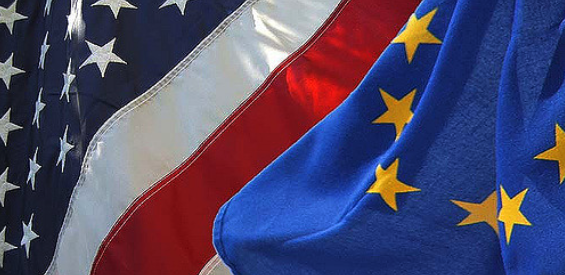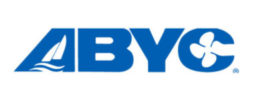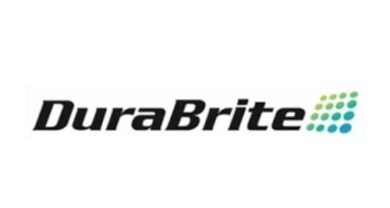Industry groups send letter to trade representatives

Last Thursday, the National Marine Manufacturers Association, the European Boating Industry, and the International Council of Marine Industry Association sent a joint letter to U.S. Trade Representative Robert Lighthizer and European Union Commissioner for Trade, Cecilia Malmström expressing strong support for the ongoing trade discussions.
NMMA, EBI, and ICOMIA urged both parties to quickly resolve their trade disagreements regarding aluminum and steel tariffs and welcomed the opportunity to also address technical barriers to trade.
According to the letter, “Reduction or elimination of tariffs incentivizes manufacturing companies to trade globally and reduces financial market share barriers. The imposition of the U.S. Administration’s worldwide steel and aluminum tariffs has resulted in Europe’s levy of a 25 percent tariff on boats. This tax has completely shut out U.S. manufacturers from the European market and must be addressed to ensure free and fair trade. We strongly urge the U.S. and E.U. to recognize the harmful effects of the current trade dispute and focus on achieving a reasonable resolution to end these tariffs.”
The letter continued, “Regulatory coherence is a second trade principle supported by our organizations. Recreational craft are subject to a myriad of regulations in both the U.S. and EU. While similar in their goals, fragmented rules place significant burdens on product design and regulatory coherence will improve the business climate in all markets. ICOMIA, EBI and NMMA urge negotiators to address regulatory barriers and ensure principles of transparency, notice and comment rulemaking, and impact on global trade are considered. Future regulations should account for global impact and governmental agencies should communicate prior to finalization.
“Lastly, reduction in technical barriers to trade is supported by ICOMIA, EBI and NMMA and should be addressed within the framework of a trade deal between the U.S. and EU. Conformity assessment procedures and building construction standards are two critical areas where global trade is impacted for the recreational boating industry. Manufacturer costs are reduced when there is a single global standard that would ensure that U.S. and EU boat building standards and certifications are compatible.”




